Engineering is our passion
Fuel Cells
Fuel cells convert chemical energy from a fuel source, typically hydrogen, into electrical energy. They are an innovative technology that offers many advantages over traditional fossil fuel-powered generators, such as increased energy efficiency, lower emissions, and the ability to use renewable and non-polluting hydrogen fuel. If you are building a fuel cell, there are several vital electrical components that you will need.
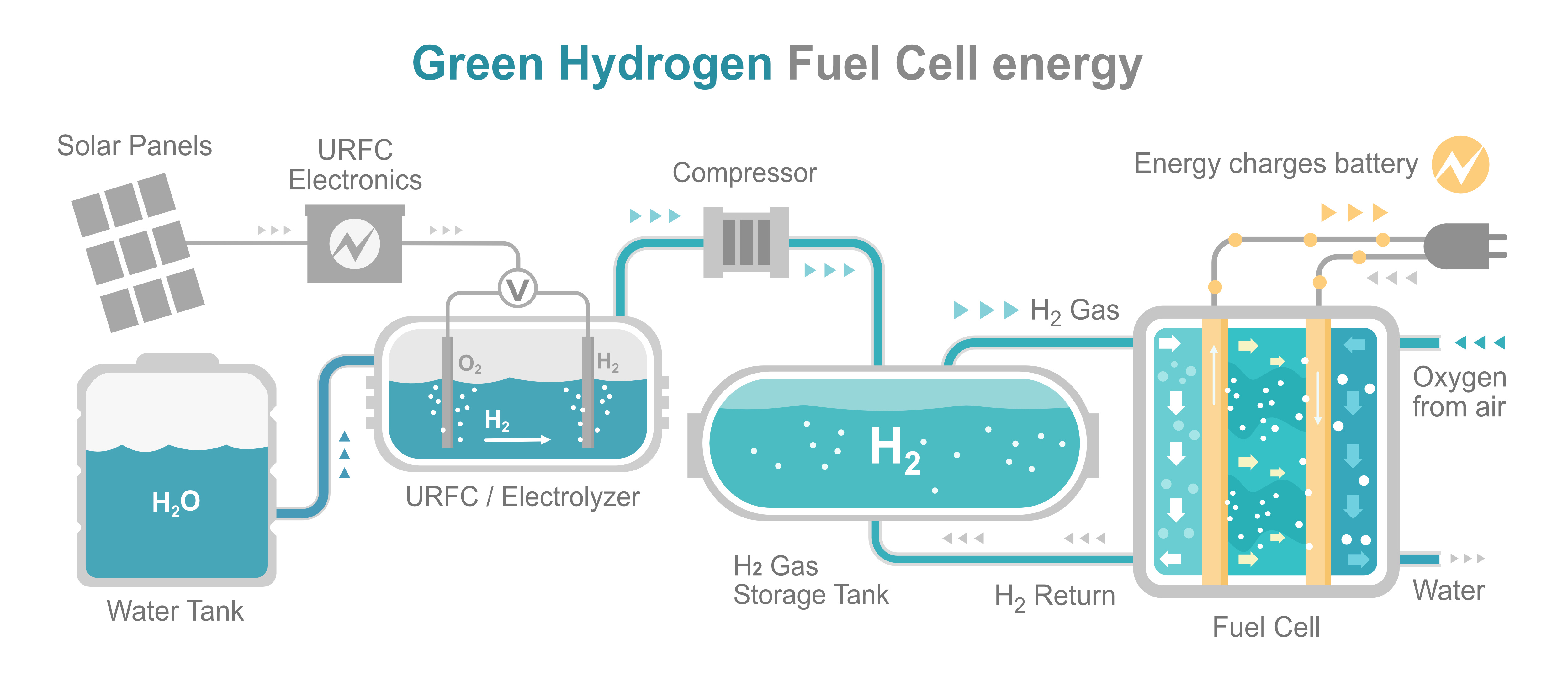
FUEL CELL TECHNOLOGY
How DOEs it WORK?
Anode: The anode is the electrode where the fuel enters the cell. A chemical reaction occurs at the anode, where the hydrogen atoms are split into protons and electrons.Cathode: The cathode is the electrode where the oxygen enters the cell and the electrons return. At the cathode, the protons, electrons, and oxygen combine to form water, which is a byproduct of the reaction.
Electrolyte: The electrolyte is a conductive material that allows protons to pass through but blocks the electrons. It is typically a solid polymer membrane that allows only protons to pass through while keeping electrons and reactant gases separate.
Membrane Electrode Assembly (MEA): The MEA is the component that holds the anode, cathode, and electrolyte together in one place.
Current collector: The current collector is a component that connects the anode and cathode to the external circuit, allowing electrons to flow through it and generate electricity.
Power conditioning unit: The power conditioning unit regulates the voltage and current of the fuel cell output and prepares it for use in different applications, like charging a battery or supplying electricity directly to a load.
Important Electrical Controls for Fuel Cells
Getting the components right
Fuel cells have many applications, including powering electric vehicles, providing backup power, and serving electricity for buildings and other structures. They also have great potential in industrial applications to generate power on-site, such as in remote locations, mines, and manufacturing sites. They are also currently being explored as efficient ways to store energy much like a battery. The type of fuel cell and the application it will be used in are different and so are the electrical component needs.
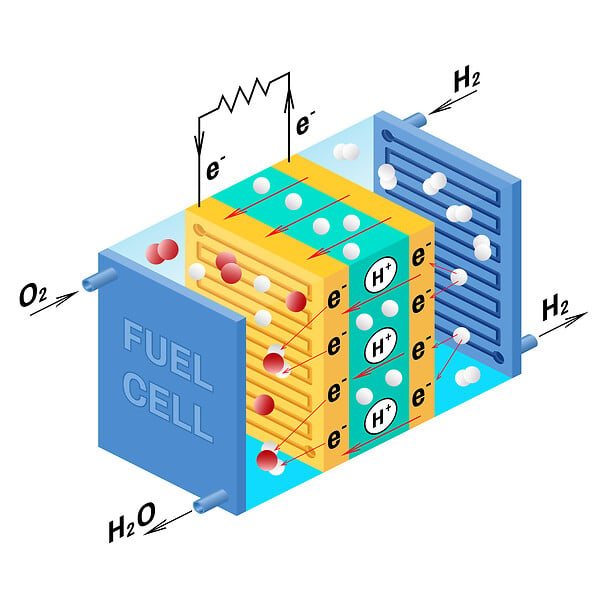
Potential Road Blocks for Fuel Cell applications
-
Large fluctuations in the power output when you connect the load
-
Requires an External Power Source
-
The DC voltage is Unstable
-
Voltage Drop can be up to 50%
-
Directly powering something from a fuel cell is challenging.
Are Fuel Cells the Energy of the Future
-
Fuel cells generate clean electricity
-
They require a fuel source such as hydrogen, methane, or propane
-
They can only produce DC Energy
-
Fuel Cells Generate Large Amounts of heat
-
The byproduct of a fuel cell is water
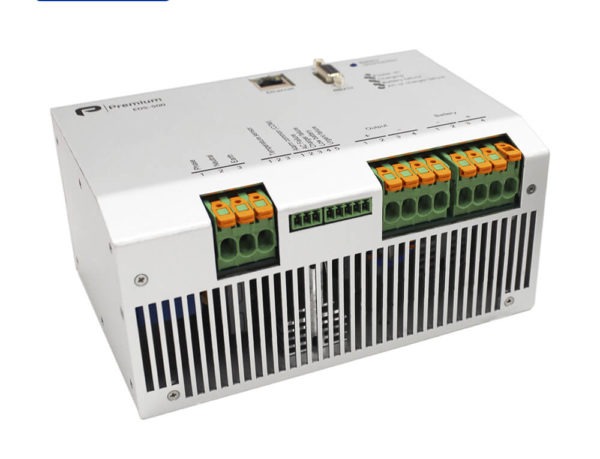
These devices convert direct current (DC) electricity generated by the fuel cell into alternating current (AC) electricity.
- Gives your fuel cell the ability to power most appliances and devices used in homes and buildings
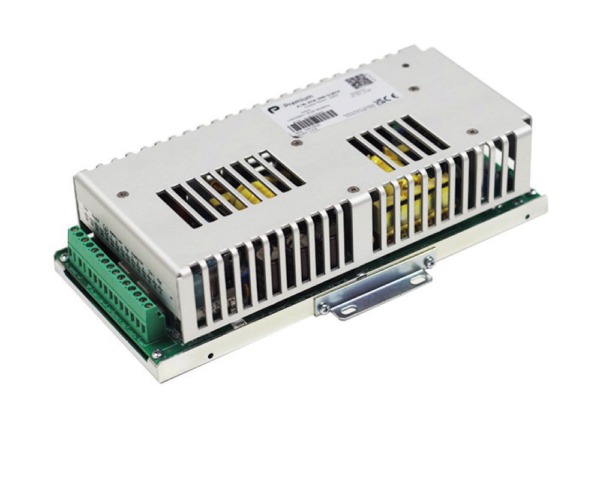
DC/DC converters are used to convert the voltage of the DC electricity generated by the fuel cell to the appropriate level for the load.
- Wide input voltage range is important due to the fluctuations of DC voltage available from the fuel cell
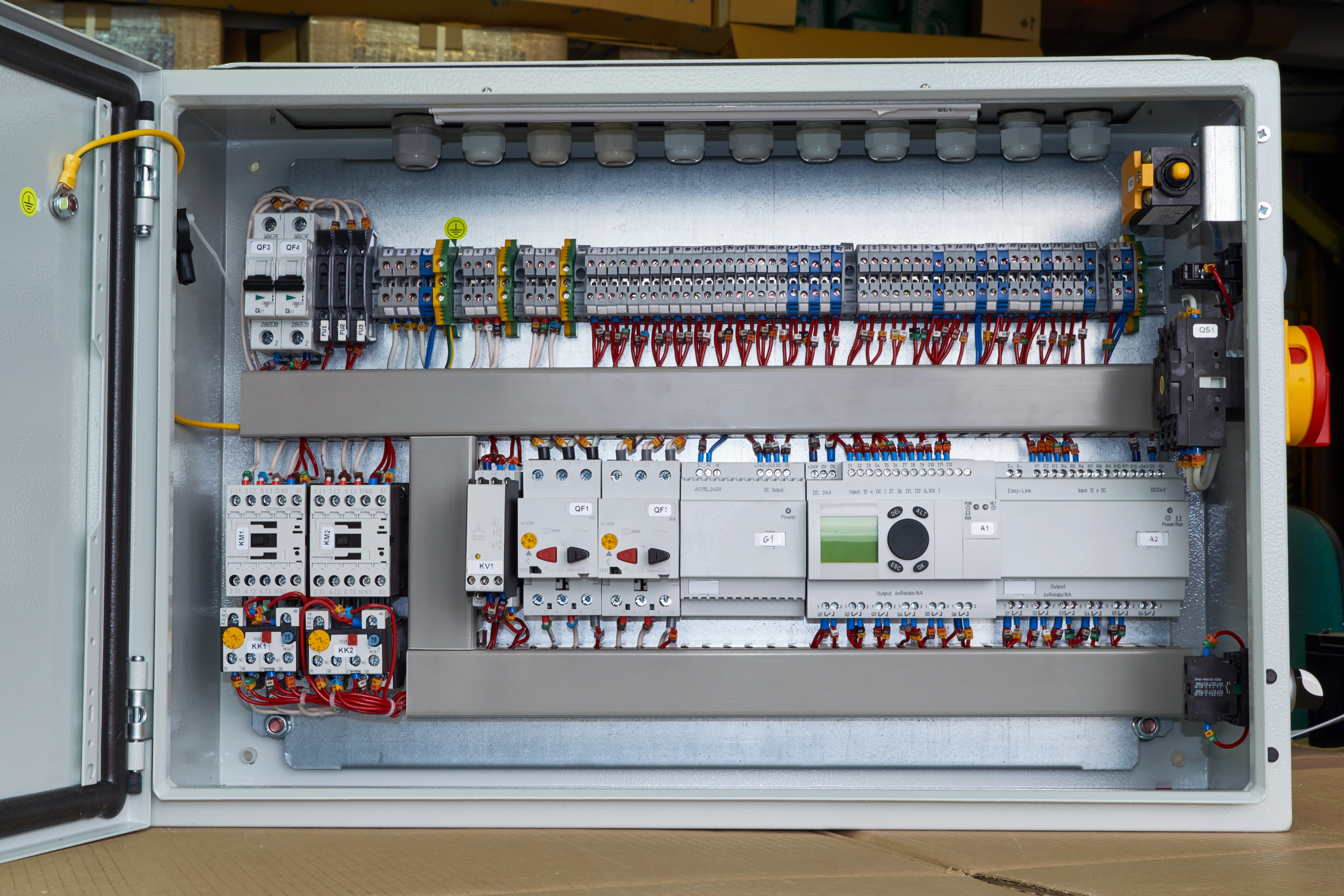
Needed to monitor the electrical output of the fuel cell and regulate the flow of electricity to the load. They may also include protective features such as overcurrent and overvoltage protection.
- Hydraulic Pump Control
- Solenoid Valve Control
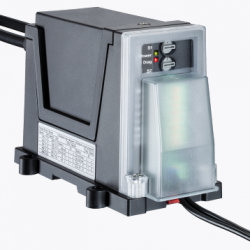
- Electrical Transducers
- Energy Meter
- DC Voltage Measurement
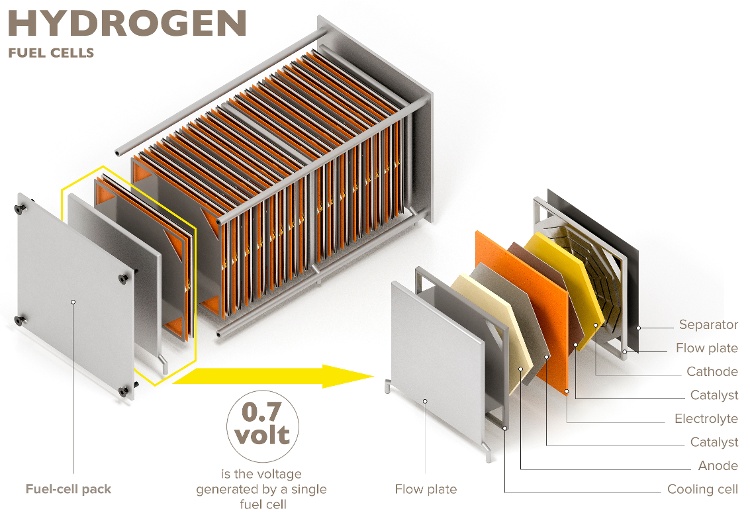
Design considerations for Fuel Cells
Fuel Cell COntrol COmponents
Important Electrical Component Considerations:
- Inverter
- DC/DC Converter
- Energy Measurement
- Temperature Sensors
- Heating and Cooling Elements
- Pumps and Motors
- Drive and VFDs
- DC Contactors and Relays
- Voltage Transducer
- DC Current Measurement (shunt resistor or hall effects)
- DC Power Connectors
- Electrical Disconnect Switch
- Electrical Connectors
- Cable Seals and Venting
- Communication Gateways and Ethernet
- Terminal Blocks (Ring Lug and Stud Connection)
- Isolated Analog and Digital Signal Devices
The electrical control system of a fuel cell is a critical component that helps to ensure the safe and efficient operation of the fuel cell.

